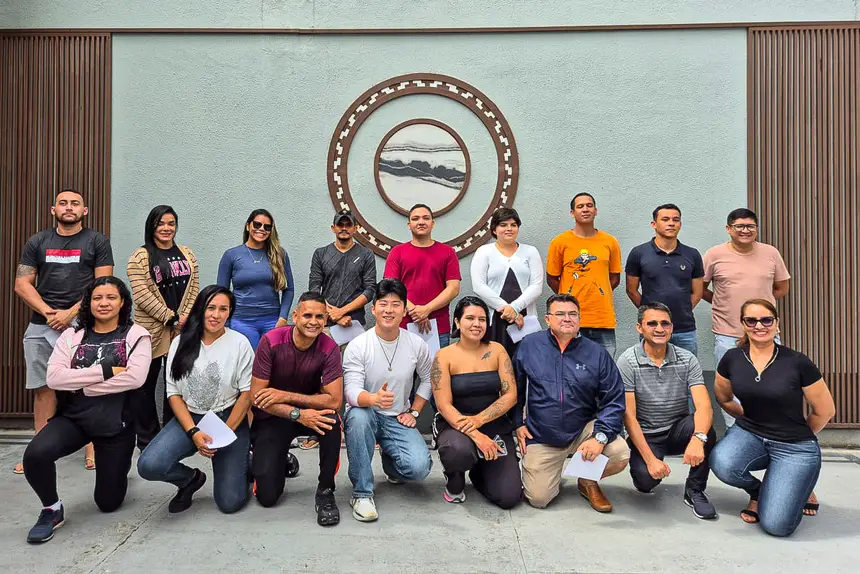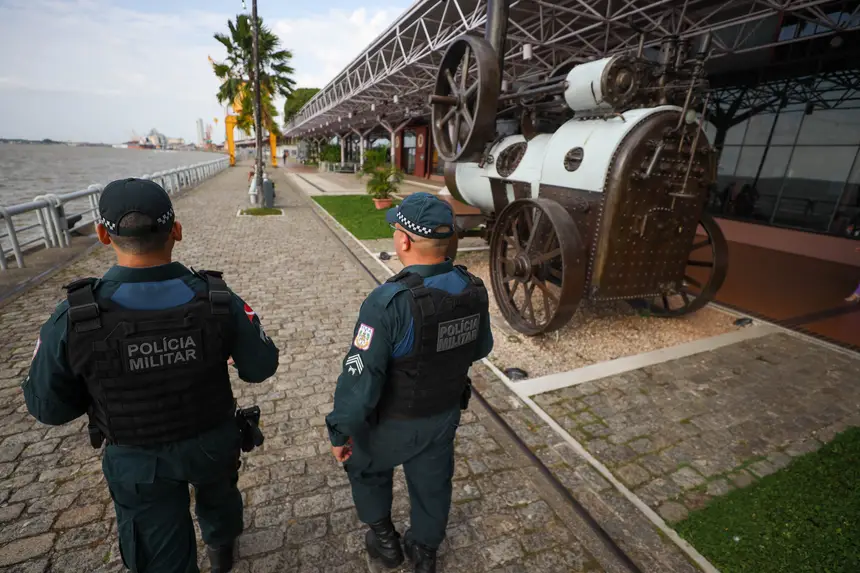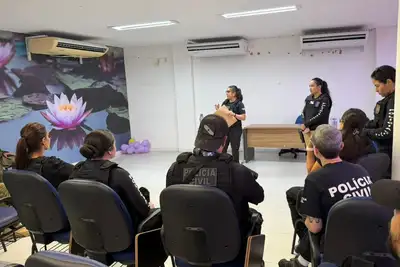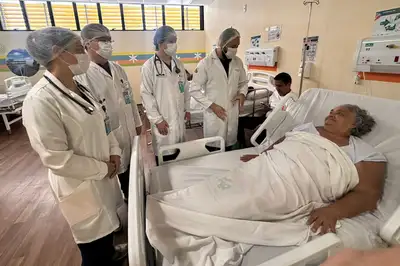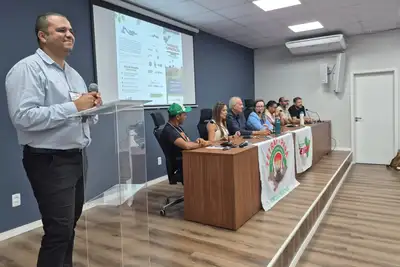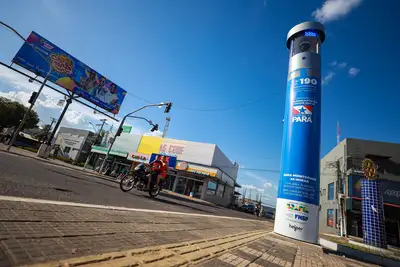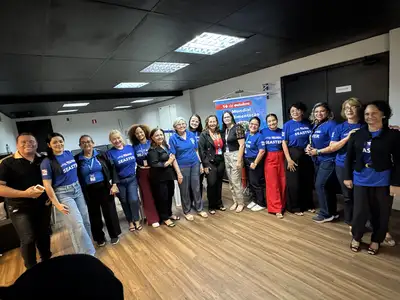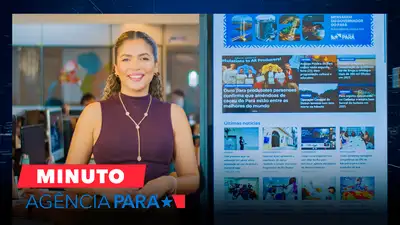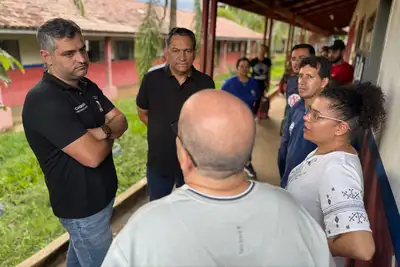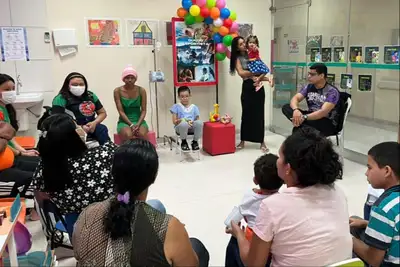Military Police of Pará prepares bilingual agents for action at COP30 in Belém
English, Spanish, and Mandarin courses train over 1,300 police officers to assist tourists and authorities at the global event in November
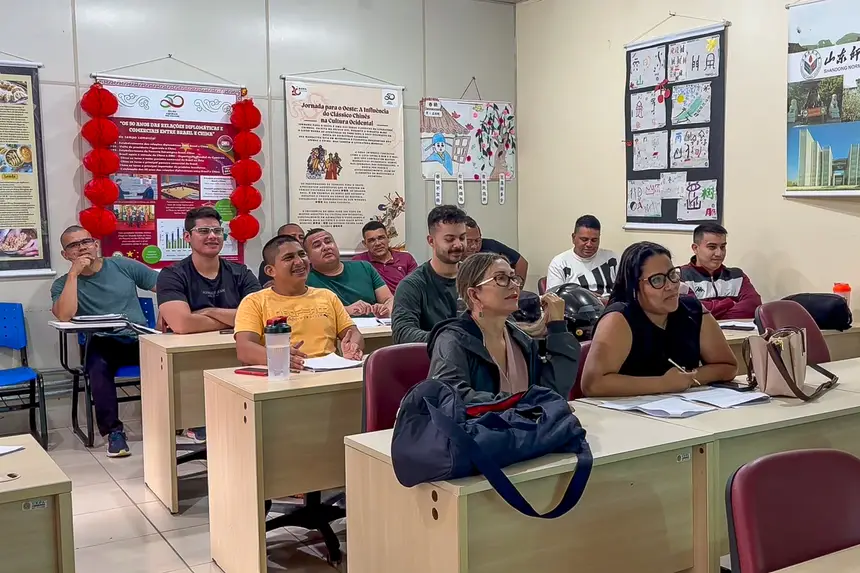
With the expectation of receiving thousands of tourists and authorities from around the world during COP30 (30th United Nations Conference on Climate Change), which will be held in November in the capital of Pará, the Military Police of Pará (PMPA) is also betting on the bilingual training of its agents as part of the preparation for the event. A total of 1,313 military police officers are participating in language courses aimed at direct assistance to foreigners.
The initiative is the result of an agreement between PMPA and the State University of Pará (Uepa), and marks the first time that the corporation incorporates language training into its routine of training. The focus is on the practical use of the language in patrolling, guidance, and recording occurrences involving citizens of other nationalities.
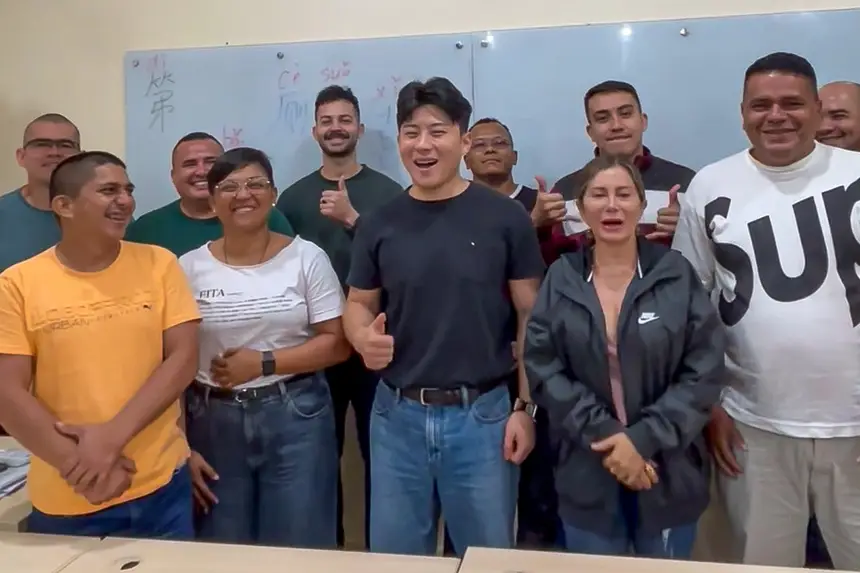
Training adapted to police reality
Among the highlights is the Mandarin course for specific purposes, with a workload of 60 hours, which offers basic vocabulary and useful expressions in operational contexts. According to Professor Antônio Braga Silva, director of the Confucius Institute at Uepa, the demand for the language was surprising. “We had a first class in the first semester, and many police officers showed such interest that they enrolled in the second class. We also created a special class focused on agriculture, in partnership with a Chinese university. The idea is to expand even further. The reception has been excellent,” he highlighted.
In addition to Mandarin, which continues with ongoing classes, English and Spanish courses are also offered, with progressive workloads and intermediate and advanced levels, expanding the multilingual service capacity of the corporation.
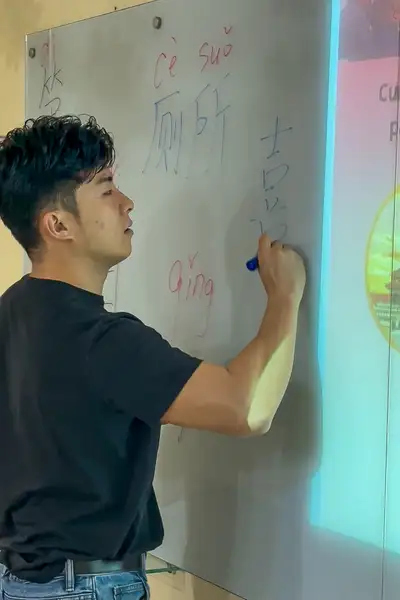
Learning that brings police and community closer
For Corporal PM Ana Moraes, a student in the Mandarin course, the opportunity united personal vocation and professional mission, fulfilling an old desire. “I already liked the language, so I watched programs in Chinese, leaving it in the original language with subtitles. I have always had an interest. I tried to join the Confucius Institute before, but I couldn't due to competition. When the PM offered this chance, I embraced it. Today, I see how important it is to know at least the basics of the language: when the police officer speaks a little of the community's language, the reception improves, and the service becomes more human and efficient,” she believes.
Having been in the PM for 8 years, Corporal Alessandra Benjamim saw the Mandarin course as an opportunity to qualify, to be prepared for COP30 and for after the event passes.
"With the institution's offer in partnership with university centers for free, it is a unique opportunity for military personnel to start studying new languages. We don't need it just for COP30. Knowing a new language is important to meet each demand that arises with the arrival of foreigners who establish residence in our state. We know that the number of people who do not speak Portuguese will increase, and we know that foreigners see the Police with great respect and as a reference figure to ask for help, so it is important for us to be able to communicate. With the language courses that were offered, the military, the police who participated will be able to assist and help the new target audience more easily. It is a way to show the world how our state cares about each person and their country," she states.
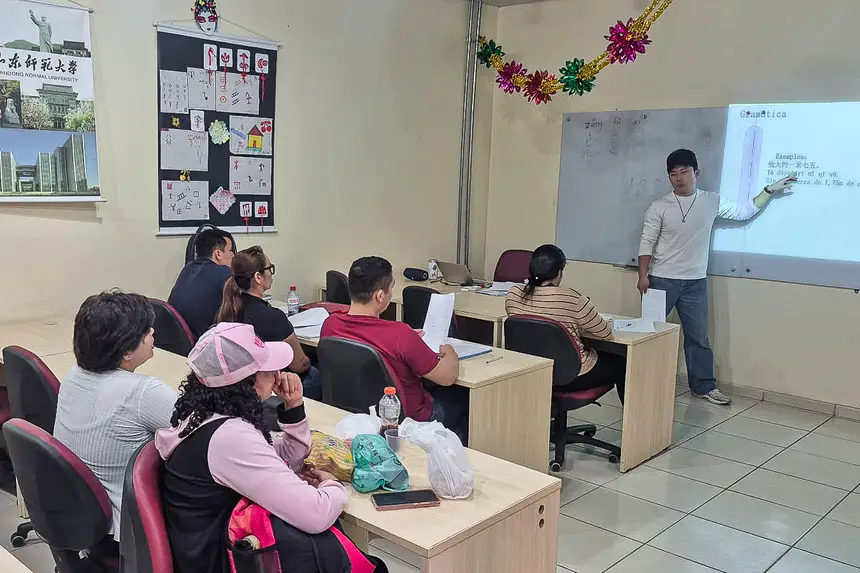
Legacy beyond COP30
The commander-general of PMPA, Colonel Sérgio Neves, emphasizes that the training of agents goes beyond the conference and creates a permanent differential. “Most of the students have already completed the basic level and are advancing. We will have police officers capable of assisting visitors from North America, Europe, and other countries in their native language. The tourist who dials the emergency number of their country will be directed to our Operations Center, where there will be trained personnel to assist them efficiently,” he explains.
The expectation of PMPA is to maintain the language courses after COP30, consolidating Belém as an international tourist destination and preparing the agents for future public safety demands focused on welcoming and qualified service.



